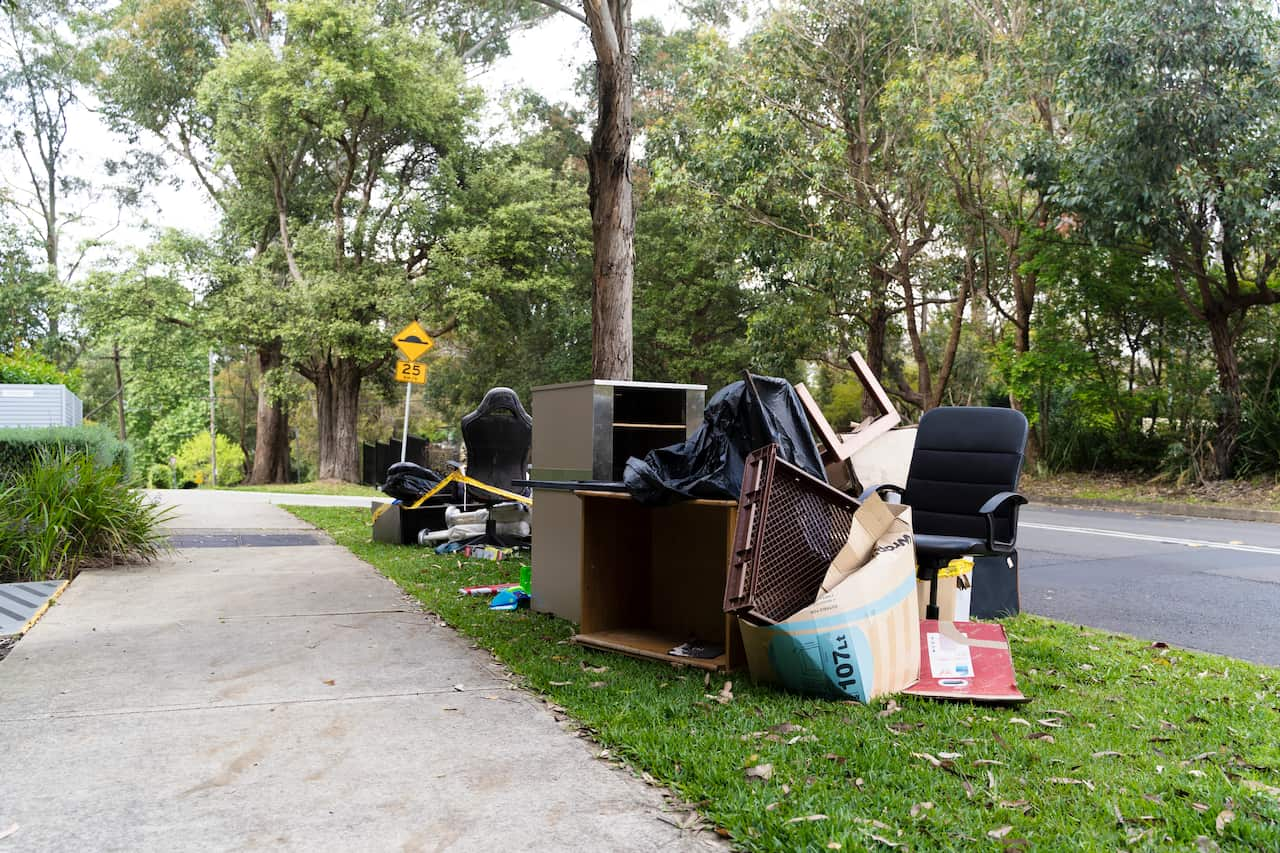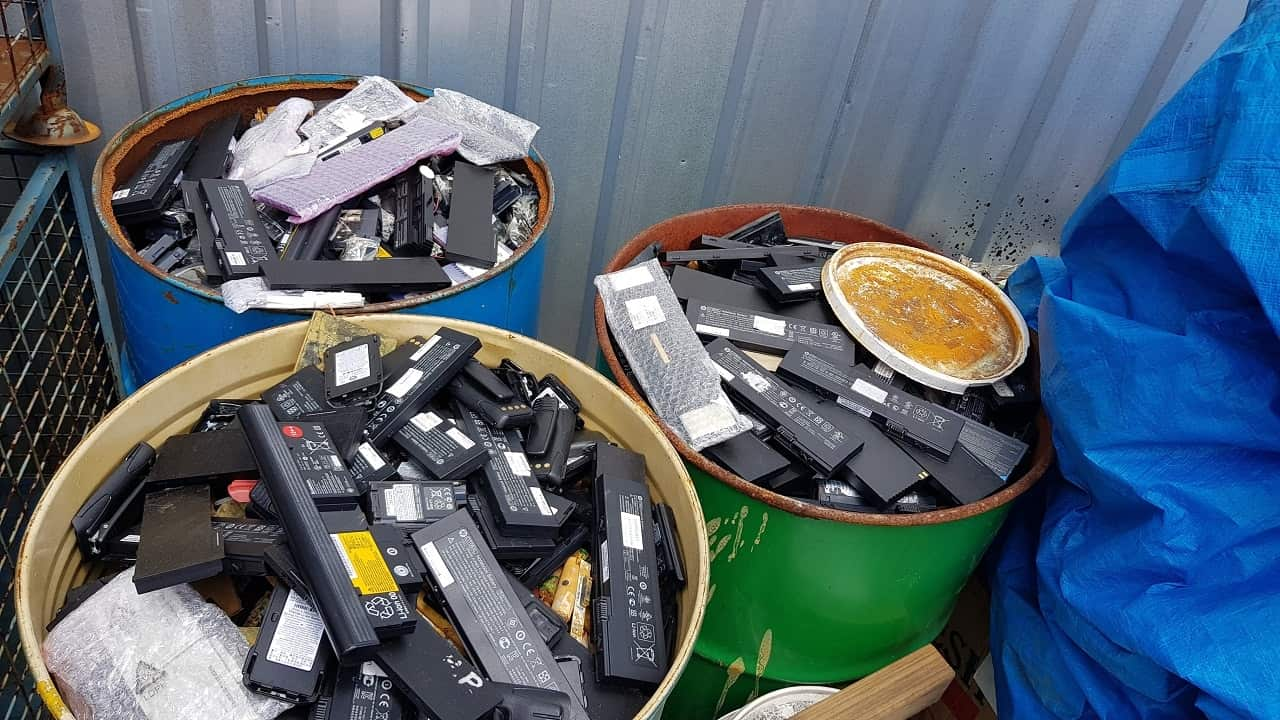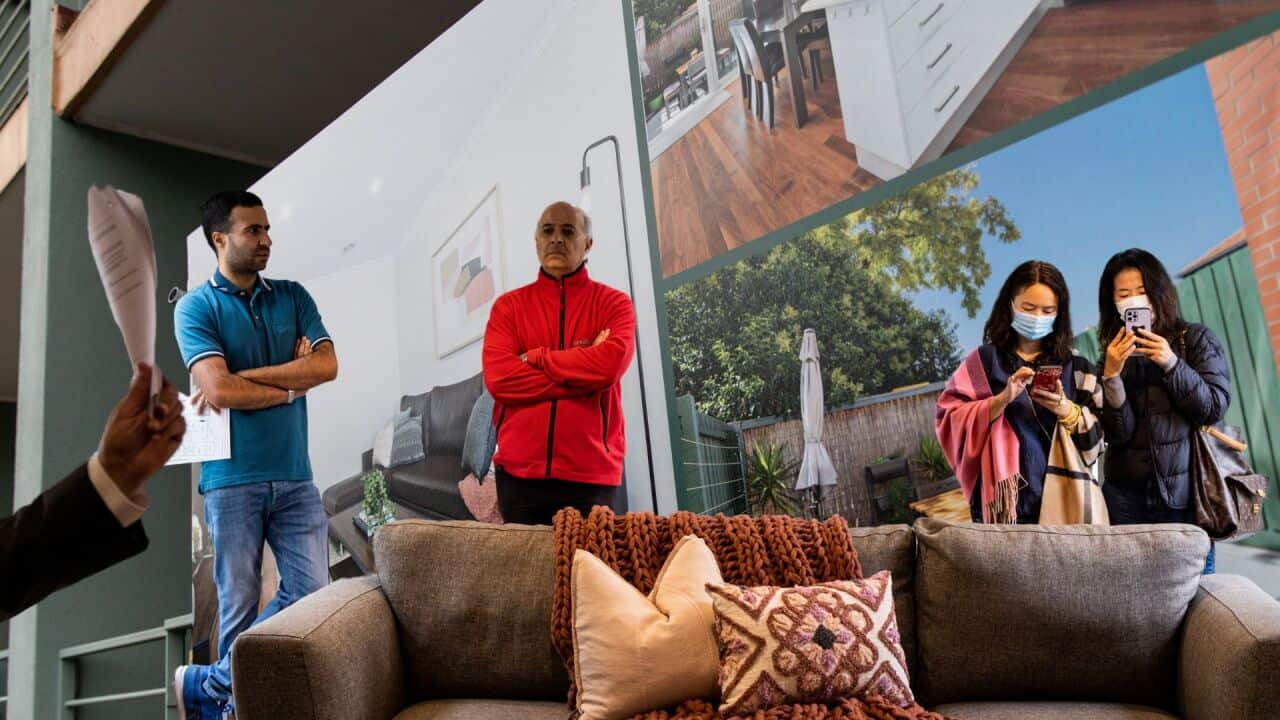In Australia, most city councils provide hard waste collection services to households for free. But there are rules around what type of waste is accepted and when.
Australians are among the world’s largest per capita waste producers. But the impact on the environment is still great. Recent data suggests Australians are among the world’s largest per capita waste producers.
Most of our rubbish, including hard waste, ends up in landfill.
Hard waste rules
A common rule is not to take out the items until the evening before the collection date. In cases of non-compliance with council requirements, heavy fines may apply.

Illegal dumping can cost offenders thousands of dollars in fines. Source: iStockphoto / Julia Gomina/Getty Images/iStockphoto
The types of items that are acceptable for collection also differ across councils.
E-waste is also typically not accepted in hard waste collections across Australia.
Matt Genever, Interim CEO of Sustainability Victoria explains.
“Anything with a plug or a battery or a power cord is not allowed to be sent to landfill […] So, anything like TVs and batteries and hair dryers and fridges, they need to just be disposed of at certain locations.”
Council transfer stations are the best places to start when looking for facilities that accept and recycle e-waste.

Mobile devices can be recycled to make new batteries, fencing and jewellery. Batteries and hair dryers and fridges, they need to just be disposed of at certain locations. Source: SBS, Supplied / SBS Supplied
“But if it's something smaller, like a battery, or a mobile phone, there are thousands of places around Australia. Supermarkets or Harvey Norman's, Officeworks stores, those types of facilities often have a disposal point,” Mr Genever says.
Paints are generally not accepted in hard waste collections. Unwanted paint and its packaging can be discarded through Paintback
, a nationwide free service that accepts end of life and unused paint from households, diverting it from landfill and waterways.

Chemicals including cleaners, bleach, insect sprays, pesticides, any fuel, or gas canisters, shouldn't be put out as hard waste, nor put in your bin or tipped down your drain. Credit: Getty Images/Fertnig
Any toxic household product should not be included in hard waste. States and territories run free programs for their safe disposal.
Further information
- Visit your local council website for current information and resources in your area, including where to dispose of your household chemicals.
- Some jurisdictions circulate state-wide information on hazardous waste depots, including VIC,NSW, SA, WA, and the ACT
- To drop-off your unwanted paint and packaging, search for a Paintback location here.
- Go to recyclingnearyou.com.au
for different solutions to dispose of your items responsibly anywhere in Australia.




